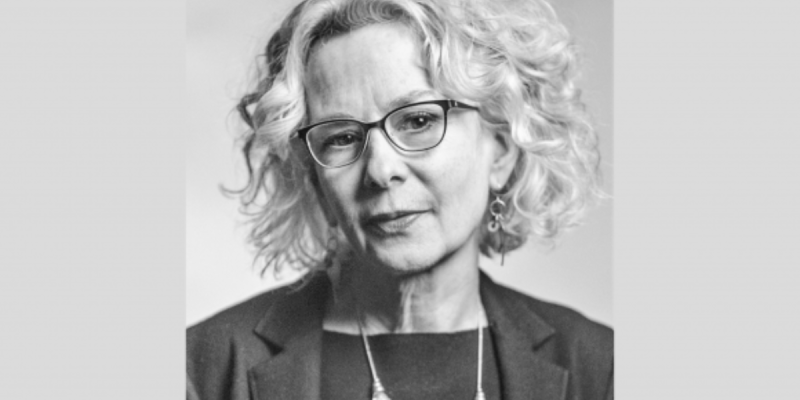
In addition to being the UN International Year of Cooperatives, 2025 marks two important milestones for the ICA: its 130th anniversary and the 30th anniversary since the adoption of the ICA Statement on the Cooperative Identity.
Both anniversaries are important not only to the ICA, but also the global cooperative movement.
“It's quite remarkable that the ICA has existed without interruption for 130 years,” says Alexandra Wilson, the Chair of the ICA’s Cooperative Identity Advisory Group (CIAG). Since 2021, CIAG has been leading a Global Consultation on the Statement on the Cooperative Identity to assess the Statement's relevance, identify potential areas for updates, and advise the ICA on the need to refine the definition, values, and principles that define a cooperative.
“What is remarkable is the persistence of the idea that this very specific organisational form, this form of business carries on. People defend the cooperatives they have. Other people start new cooperatives. So, it shows that those who started it all in the 19th century really got onto something. It’s not like there was a new understanding of people's needs, but very much a new understanding of how those needs might be met,” she explained.
Ms Wilson thinks that the movement will subsist alongside other forms of economic organisation, and “that has some very significant implications bearing on the cooperative identity”.
“It means that if we aren't simply going to be subsumed and gradually turn into the very kind of organisation that the first cooperatives were trying to set up an alternative to, we need to be very mindful of what it is that makes us a cooperative. We need to guard those essential features. We need to make our members aware of those essential features. We need to make the general public aware. I think there is a risk otherwise of becoming subsumed into the larger economic system, losing our identity altogether,” she adds.
The Global Consultation on the Cooperative Identity kicked off at the World Cooperative Congress in Seoul, the Republic of Korea. The first step was a survey which had almost 3,000 responses.
“One of the findings was that more needs to be done to promote the cooperative identity, never mind the outside world, that goes with saying, but within the cooperative movement,” says Ms Wilson. The second survey finding was that on the whole, the statement has stood up well the test of time.
“So that led to the next step, which was the presentation of 15 recommendations, all being essentially action steps that the ICA and or its members can take to better articulate, communicate, live, protect the Cooperative Identity. And then we also recommended opening the process of looking at possible changes to the statement itself, and that's where we're at today,” she explains.
The CIAG has recently published a second discussion draft with suggested changes to the Cooperative Identity Statement to which cooperators can respond by 31 October.
Ms Wilson says this should “give to people very concrete, very specific, and they can get their teeth into it”.
Once agreement is reached, which may take more discussions drafts being presented, suggested changes will be put to a vote at a future ICA Congress.
Until then, Ms Wilson is encouraging cooperators worldwide to contribute to the consultation, including the platform’s online forum and help shape the discussion around the Identity Statement.
“The last thing we want is a whole bunch of people turning out of Congress saying ‘We weren't consulted. This hasn't been thought through. We can't do this’. So, it needs to be a good, rigorous, inclusive process,” she concludes.
More information on the consultation is available here: https://coopidentity.ica.coop/consultation




